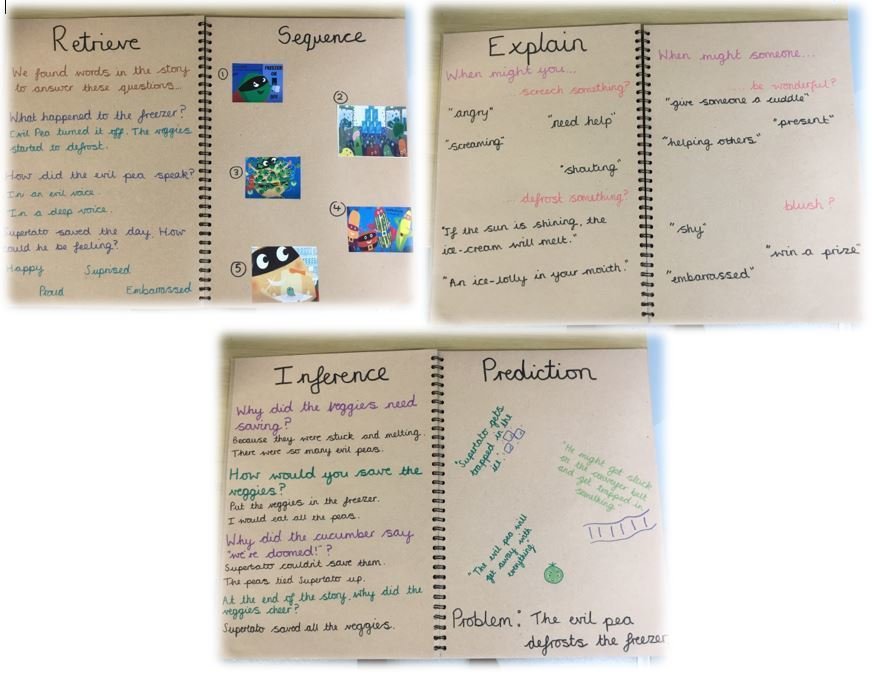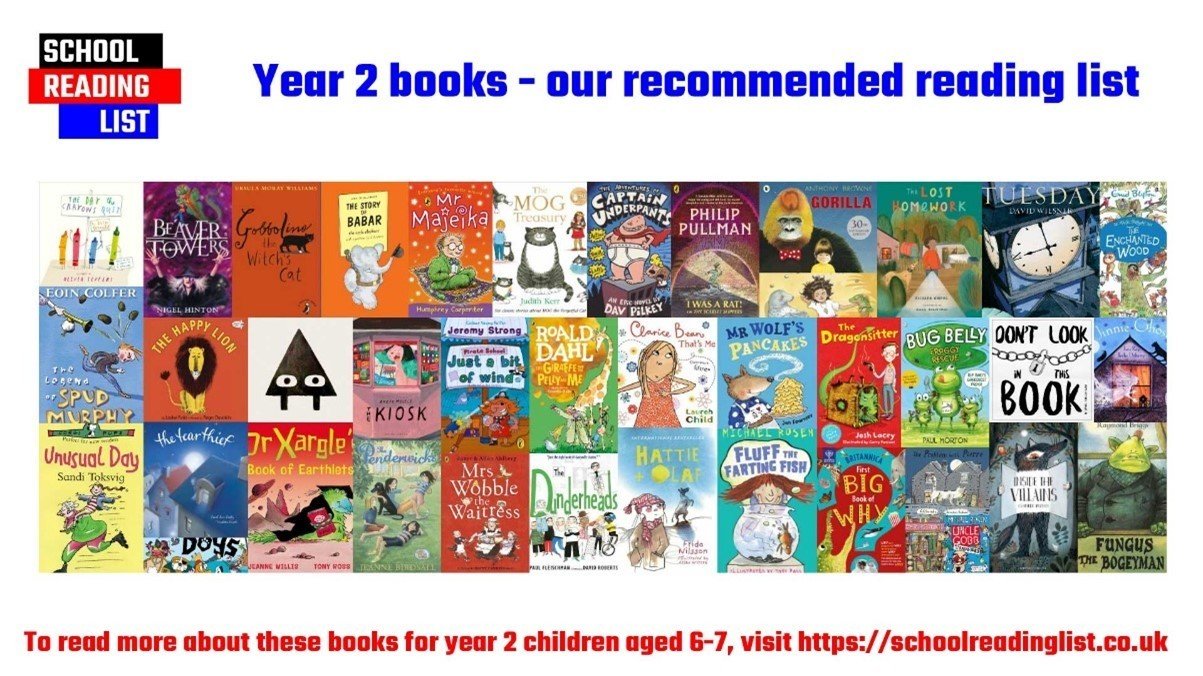Reading
"When I read I get to explore different places and go on adventures."
We are a Reading School
Reading is at the heart of our curriculum, and we are exceptionally proud of our reading provision. At Aspin Park Academy, we believe reading is not only the key for academic success but is also a key life skill, and as such we are dedicated to enabling our children to become lifelong readers who recognise the enjoyment in ‘diving’ into a book.
Children learn to read through encountering challenging texts which forms the basis of most English lessons. Our reading lessons focus on developing children’s key skills in vocabulary, inference, prediction, explanation, retrieval, and summary/sequencing skills.
Each classroom has its own reading area where staff share their love of books with the children, recommending new and old favourites, and showcasing a range of text types. Reading timelines help children to read and re-read their favourites as well as make connections and compare texts.
"Reading makes me explore new vocabulary."
Our Intent
- To develop a language and literature rich environment, where children talk about a range of stories, rhymes and non-fiction and use enriched vocabulary across a range of contexts.
- To ensure that children receive a broad and balanced reading diet, consisting of specifically selected books containing the right level of tier two vocabulary, reflecting a range of different contexts and themes that engage and excite children.
- Support children’s vocabulary acquisition by explicitly explaining the meaning of new words in the context of stories, purposefully repeating, and applying these words in other contexts and disciplines, helping children to commit new vocabulary into their long-term memory.
- Revisit and re-read quality stories and rhymes to build familiarity, enforce vocabulary, increase emotional connection and deepen understanding.
- To ensure that every child learns to read to a high standard of fluency and understanding, regardless of their background, needs or prior attainment.
- To close the ‘word gap’ by expanding pupils' vocabulary, deepening their understanding of the texts they are reading and widening their use of spoken language.
We intend our children to know the following:
By the end of EYFS children should be able to decode 4/5 sound real and nonsense words using "Fred Talk" and read some common exception words. Children should be able to understand simple sentences, anticipate key events in stories and use recently introduced vocabulary. By the end of EYFS all children should know the 31 set 1 sounds and the 12 set 2 sounds.
By the end of Y1 all children should know the 31 set 1 sounds, the 12 set 2 sounds and the 17 set 3 sounds (60 sounds altogether).
By the end of KS1 children should be able to decode multi-syllabic real and nonsense words using Fred in head as well as read many common exception words. Children should be able to discuss literature and link what they have read to their own experiences. Children should be able to join in with predictable phrases and discuss word meanings drawing on what they already know or on background information and vocabulary. Finally, children should be able to check that the text makes sense as well as make inferences, predict and explain clearly their understanding.
By the end of KS2 children should be able to talk about an increasingly wide range of literature including texts that are structured in different ways and used for a range of purposes. Children should be able to recommend texts as well as identify and discuss themes and make comparisons. Children should be able to check that the text makes sense and ask questions to further improve their understanding. Finally, children should be able to infer, predict and summarise literature as well as explain and provide reasoned justifications for their views.
Our Implementation
Engaging teaching, high quality texts, KUNCU strategies and the RWI scheme are key tools that are used to support the teaching of reading at Aspin. EYFS/KS1 children are encouraged to take their love of reading home with appropriate bookbag books and RWI storybooks that they have read in school as well as a reading for sharing book that they can select themselves from our school library. When children are competent with their accuracy and fluency, they progress from decodable books to free choice reading from class library selections or our main libraries.
At all stages throughout the school, we teach children the techniques that will build their vocabulary and allow them to search for meaning and inference in what they read. We do this by focusing on the domains donated by the acronym VIPERS (vocabulary, inference, prediction, explanation, retrieval and sequencing/summarising) and teaching children the necessary skills to master them.
The “Fab Five” books (books that are chosen and read repeatedly so that the children become familiar) are used in EYFS and Year 1. We use floor books to record new vocabulary as well as to evidence our VIPERS work. Individual reading to an adult continues throughout school.
"Reading gives me ideas and introduces me to new things. It gives you ways of thinking."
Our Impact
Children will make good progress every year from their own starting points. Our children will use varied vocabulary (tier two) across a range of disciplines and will be able to confidently answer comprehension questions about a text. We hope that our children will learn to love reading and carry this skill into future life.
Classroom Environment
Every classroom has an engaging but calm reading area containing high-quality, age appropriate books covering a wide range of text types, categorised into child friendly language such as ‘books to make you laugh’ and ‘learn something new’. Each area has a display which shows a timeline of books previously read, staff and child recommendations and insight into the class novel using a curiosity cube.
Informing Parents
At the start of the academic year, all parents/carers are invited to a year group curriculum workshop where staff discuss the aspects of a reading lesson, including how it is taught, what skills the children will develop, why reading is so vital and how they can support their child’s learning at home. Parents/carers are given access to O to further support their child at home. Structured conversations and termly reports also keep parents/carers informed as to how their child is doing in their reading lessons.
EYFS and Year One – Fab Five – Talk Through Stories
Each half term we delve into five books. These are books that both the children and staff love! They cover a range of text types and text structures. Each week the class studies the book using the reading domain VIPERS (vocabulary, inference, prediction, explanation, retrieval, and sequence). The children repeatedly rehearse a text so that by the end of the week, they can recite most of it off by heart using their newly acquired rich vocabulary. These lessons provide further opportunities for high-quality classroom talk, developing the children’s breath of vocabulary, and creating an even deeper love of reading. Additionally, the sessions support our children to find their reader identity, critique and evaluate books and make recommendations to others.






























